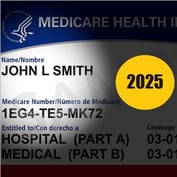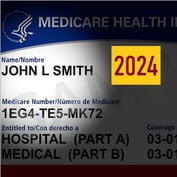The decision by UnitedHealthcare, America’s largest provider of Medicare Advantage plans, to drop thousands of physicians from its networks nationwide gave participants little time to review their options and seek out plans before the December 7 deadline.
While seniors do have until February 14 to switch to original Medicare, they’re locked into the Advantage plans they’ve already chosen— plans which may further shrink their networks and drop key services throughout the year. UnitedHealth expects its Medicare Advantage network “to be 85% to 90% of its current size by the end of 2014,” the company told the Wall Street Journal.
Terminated physicians have been allowed to appeal the decision, however, and stakeholders in some of the most severely affected states have taken action. Most notable is Connecticut, where roughly 2,200 physicians were dropped from United’s plan according to the Kaiser Health Foundation. Following suit from physicians in Fairfield and Hartford Counties, a Connecticut federal judge temporarily blocked the insurer from terminating those contracts.
Still, the temporary ruling only affects doctors in those specific counties, and United is appealing the decision. “I think there’s going to have to be a compromise,” said Darcy Caslin, president of Connecticut’s Beacon Retiree Benefits Group. “I don’t see how carriers can be told that they can’t trim down their networks. They might just pull out of the Medicare Advantage market altogether if it was sustained, but that probably won’t happen.”








 January 29, 2014 at 05:45 AM
January 29, 2014 at 05:45 AM










